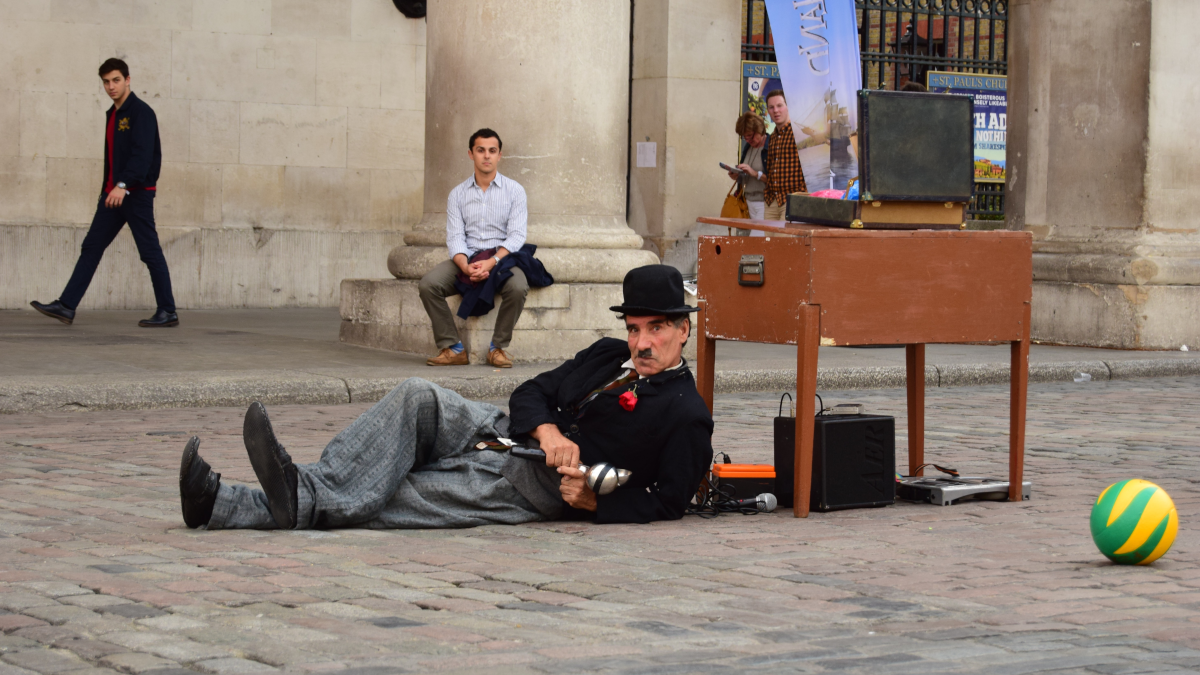There was once an ad for a pension company that featured an image of a Mod’s jacket with The Who’s logo on the back. It was completed by the headline, ‘You didn’t die before you got old. Now what?’
This sums up why we’re in a fascinating time of age and creativity: the enfants terribles of the post-war boom in film, art, music etc. are now in their 70s and 80s, giving us a real-life demonstration of how their ability to create has or hasn’t sustained.
Sure, there have been many artists who kept going well into their dotage, but it seems clear that almost everyone produces their greatest work earlier in their career. Picasso might have created a mountain of work in his late eighties, but he painted Les Demoiselles d’Avignon at 26 and Guernica at 56. Chaplin won his first competitive Oscar at the age of 84, but it was for re-scoring one of his silent movies, and by then he had long since faded from stardom. Bob Dylan received the Nobel Prize for literature in 2016, at the age of 75, but it was mainly for the lyrics he wrote fifty years earlier, not for the concert album he released that year.
This may be due to a waning of brilliance, but it might also be due to context. I often wonder whether we’d appreciate Yesterday quite so much if Paul McCartney had written it last week instead of in the midst of Beatlemania. The sexually charged, rebellious music of the Rolling Stones surely came across more plausibly when they were kicking off in their raucous twenties than it does in the current output of their multi-millionaire seventies.
Talking of the Stones, I remember newspaper articles in the 1980s asking how long they could possibly continue. The ensuing forty years have given us the answer: until they die, apparently. And why should they stop? People want to hear them; they want to play. Popular music started off as a young person’s game, but we now have to recognise that those people have aged, as have their fans, but in many cases the music has not. The great tracks retain their strength and vitality, as if encased in amber.
Creative quality is subjective, which means it’s very hard to judge whether or not an artist’s work improves as they age. Hitchcock made his three best films from ages 59-61, but is that because the scripts for Vertigo, North by Northwest and Psycho happened to turn up at that time? Had he improved as a director, or had cinema developed to become something we now consider in a more positive light? No one seems to have had a career that has obviously, unarguably improved with age, so other factors must come to bear on the situation, and they are often beyond our control.
Perhaps if you hang around long enough, there’s a greater chance that you’ll encounter the circumstances you need to be at your best. More wisdom is all well and good, but if that crucial collaborating screenwriter/producer/editor isn’t available, then your ceiling will be limited. You’ll also be more likely to find your most receptive audience if you offer work to the public over several decades.
Overall, age may well allow us to accumulate the experience we need to optimise our creative expression. One question is whether or not anyone will be paying enough attention over so many years to make that assessment. The other question is whether or not the octogenarian artist can bring themselves to care.
Featured image: Rudy Issa / Unsplash

